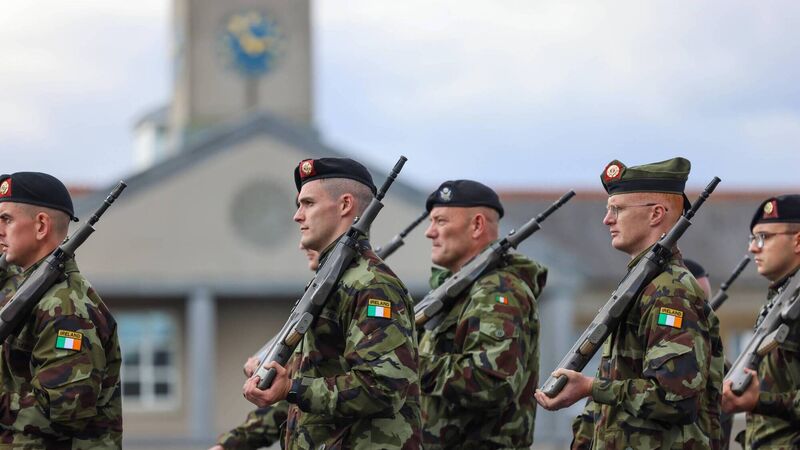Ireland to withdraw from UN peacekeeping mission in Golan Heights

Tánaiste and Defence Minister Micheál Martin told the Government of his decision to effectively withdraw the Defence Forces’ contribution to the United Nations Disengagement Observer Force in the disputed land between Syria and Israel.
Ireland is to withdraw from the UN peacekeeping mission in the Golan Heights in order to join the EU Battlegroup.
Tánaiste and Defence Minister Micheál Martin told the Government of his decision to effectively withdraw the Defence Forces’ contribution to the United Nations Disengagement Observer Force (Undof) in the disputed land between Syria and Israel.











